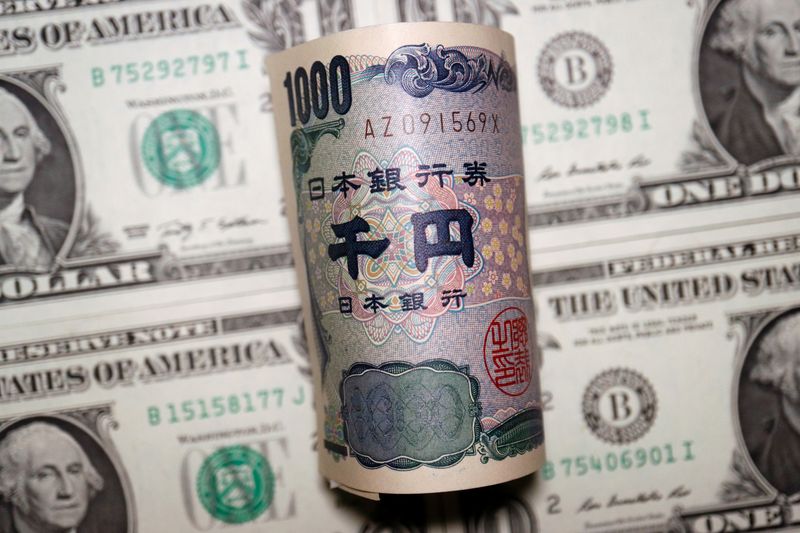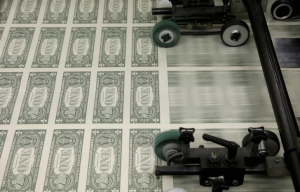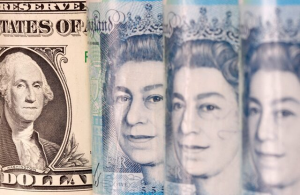Most Asian currencies moved little on Thursday as traders remained largely biased towards the dollar in anticipation of more key U.S. economic cues.
Focus was also squarely on potential government intervention in the Japanese yen, which blazed past levels which had invited government intervention in May.
Sentiment towards Asian markets was constrained by uncertainty over U.S. interest rates, while concerns over China, following weak economic data, also weighed.
The dollar index and dollar index futures fell slightly in Asian trade, but were sitting close to a near two-month high hit on Wednesday. Focus this week was squarely on PCE price index data- the Federal Reserve’s preferred inflation gauge- as well as the first Presidential debate, which is set to take place later on Thursday.
Japanese yen weak, USDJPY crosses intervention threshold The Japanese yen strengthened slightly on Thursday, with the USDJPY pair down 0.2%. Strength in the yen was partially driven by stronger-than-expected retail sales data for May.
But the pair blew past the 160 yen level in overnight trade, which traders had pegged as the threshold for more government intervention.
USDJPY’s breach of 160 in May had draw steep levels of intervention in currency markets, where the government sold large amounts of dollars to buy up yen and support the currency.
Japanese officials kept up their warnings this week that they would respond to any “excessive” moves in currency markets. But it remained unclear just when and how they planned to intervene.
Chinese yuan fragile, USDCNY at 7-mth high
The Chinese yuan’s USDCNY pair hovered at a seven-month high on Thursday, following a seventh consecutive weak midpoint fix by the People’s Bank of China.
The yuan faced increased selling pressure in recent weeks, especially amid fears of a trade war with the West, after the European Union imposed tariffs on Chinese electric vehicle imports.
Sentiment towards China was further soured by data showing growth in the country’s industrial profits narrowed in May.
Broader Asian currencies kept to a tight range. The Australian dollar’s AUDUSD pair rose 0.1%, after rising sharply on Wednesday as a hotter-than-expected inflation reading pushed up expectations for a rate hike.
The South Korean won’s USDKRW pair fell 0.2% after rising sharply this week, while the Singapore dollar’s USDSGD pair fell 0.1%.
The Indian rupee’s USDINR pair was flat after coming close to record highs this week.













